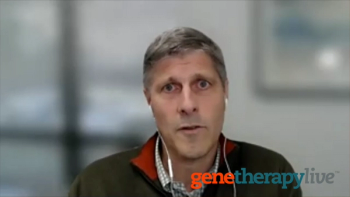
Matthew Gantz, president and chief executive officer, Castle Creek Biosciences, discussed the company and its pipeline.

Matthew Gantz, president and chief executive officer, Castle Creek Biosciences, discussed the company and its pipeline.
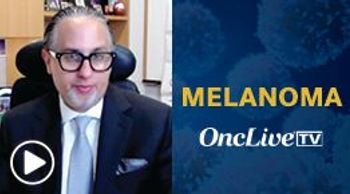
The director of the Melanoma Program at Cedars-Sinai Medical Center discussed the efficacy of TIL therapy following immunotherapy in advanced melanoma.
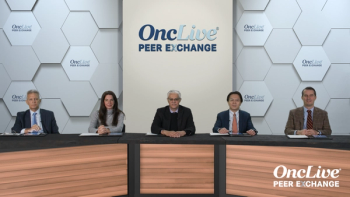
Experts discussed the ZUMA-2 clinical trial of brexucabtagene autoleucel.

The director of the Melanoma Program at Cedars-Sinai Medical Center discussed evaluation criteria for TIL therapy in melanoma.
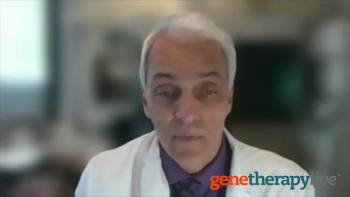
The clinical professor of medicine, Helen Diller Family Comprehensive Cancer Center, UCSF, discussed data from both the CARTITUDE-1 and CARTITUDE-2 studies.
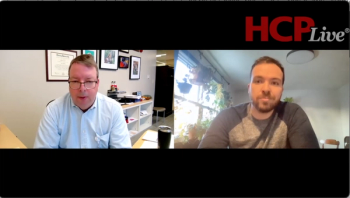
The medical director of Bone Marrow Transplantation and Immune Deficiency at Cincinnati Children's discussed data on ARU-1801 presented at ASH 2021.
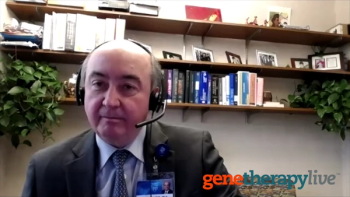
The hematologist/oncologist from Mayo Clinic discussed advantages of Tmod cell therapy in solid tumors.
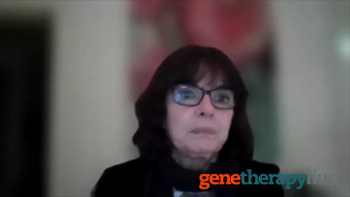
Dolores Schendel, PhD, chief executive and chief scientific officer, Medigene, discussed MDG1011 and Medigene’s future research and targets.
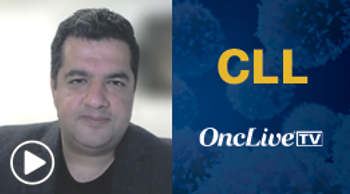
The associate professor from Fred Hutchinson Cancer Research Center discussed the methods utilized in an ongoing phase 1/2 trial evaluating MB-106.
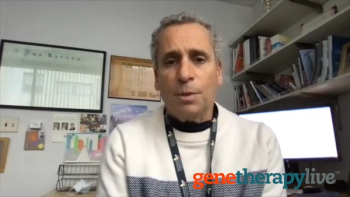
The director of the hemostasis and thrombosis program at Children’s Hospital Los Angeles discussed advantages of the siRNA therapeutic.
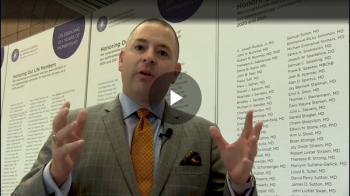
Greg Kunst, chief executive officer, Aurion Biotech, discussed the potential of cell therapy in treating people with corneal endothelial disease around the world.

The clinical professor of medicine, Helen Diller Family Comprehensive Cancer Center, UCSF, discussed data from the CARTITUDE-1 study presented at ASH 2021.

The hematologist/oncologist from Mayo Clinic discussed advantages of Tmod technology in solid tumors.
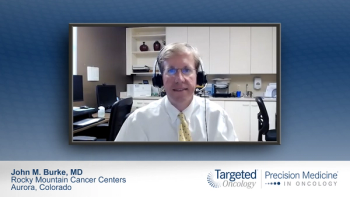
Experts discuss recommendations to increase the uptake of CAR T-cell therapies into clinical practice and relapsed/refractory diffuse large B-cell lymphoma.
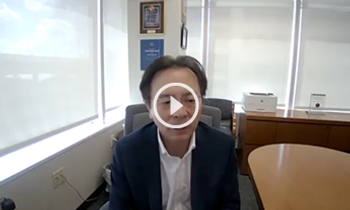
The professor from University of Texas MD Anderson Cancer Center discussed the FDA approval of lisocabtagene maraleucel.

Dolores Schendel, PhD, chief executive and chief scientific officer, Medigene, discussed the phase 1/2 study evaluating MDG1011.

The director of the hemostasis and thrombosis program at Children’s Hospital Los Angeles discussed improving outcomes in hemophilia with fitusiran.
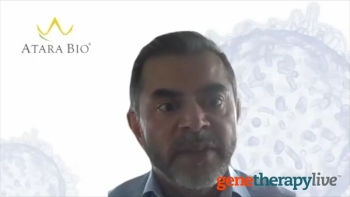
AJ Joshi, MD, chief medical officer, Atara Biotherapeutics, discussed further research with tab-cel, including study 205.
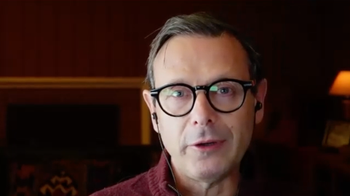
The Director of the Islet Transplant Program at the University of Alberta discussed the implantable VC-02 device's success in type 1 diabetes.

The hematologist/oncologist from Mayo Clinic discussed the growing presence of CAR T-cell therapies in lung cancer and melanoma.
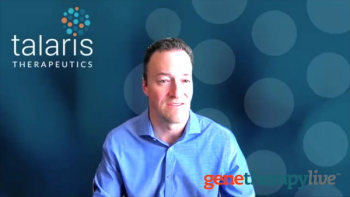
Scott Requadt, chief executive officer, Talaris Therapeutics, discussed the long-term follow-up and FREEDOM-1 trials of FCR-001.
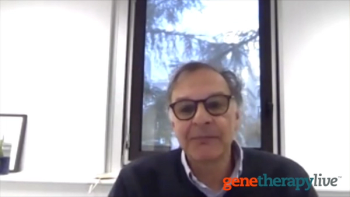
Ralph Laufer, PhD, chief scientific officer, Lysogene, discussed gene therapy programs in GM1 gangliosidosis and Fragile X syndrome.
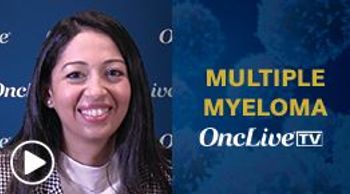
The hematologist/oncologist from Rutgers Cancer Institute of New Jersey discussed ongoing research examining the CAR T-cell therapy ciltacabtagene autoleucel.
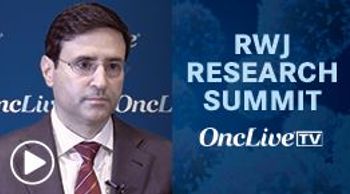
The chief of Cancer Immunotherapy at Rutgers Cancer Institute of New Jersey discussed unmet needs with cellular therapies in metastatic epithelial cancer.
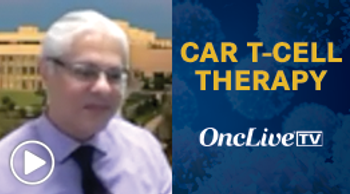
The hematologists from Moffitt Cancer Center and MD Anderson Cancer Center discussed the need for collaboration between academic and community practices for patients who receive CAR T-cell therapy.
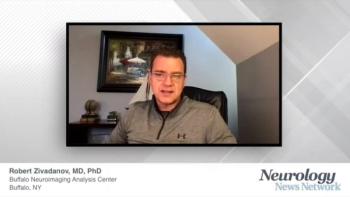
The director of the Buffalo Neuroimaging Analysis Center and professor of Universtiy of Buffalo discussed avenues of research into reversing neurodegeneration in MS.
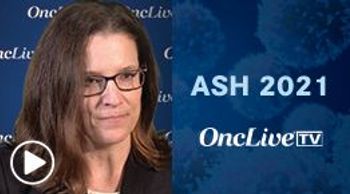
The associate professor from Perelman School of Medicine, University of Pennsylvania, discussed co-administered CART22-65s and huCART19 in relapsed/refractory acute lymphoblastic leukemia.

The director of the hemostasis and thrombosis program at Children’s Hospital Los Angeles discussed the ATLAS-INH study of fitusiran.
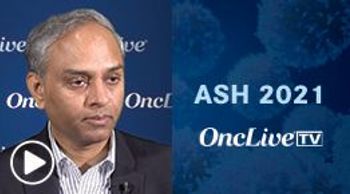
The professor from The University of Texas MD Anderson Cancer Center discussed long-term follow-up analysis of the phase 2 ZUMA-5 trial.
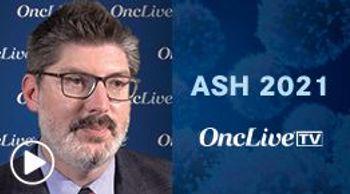
The vice chair, Blood and Marrow Transplant and Cellular Immunotherapy Program, and co-leader, Immuno-Oncology, Moffitt Cancer Center, discussed the results of the phase 3 ZUMA-7 trial.